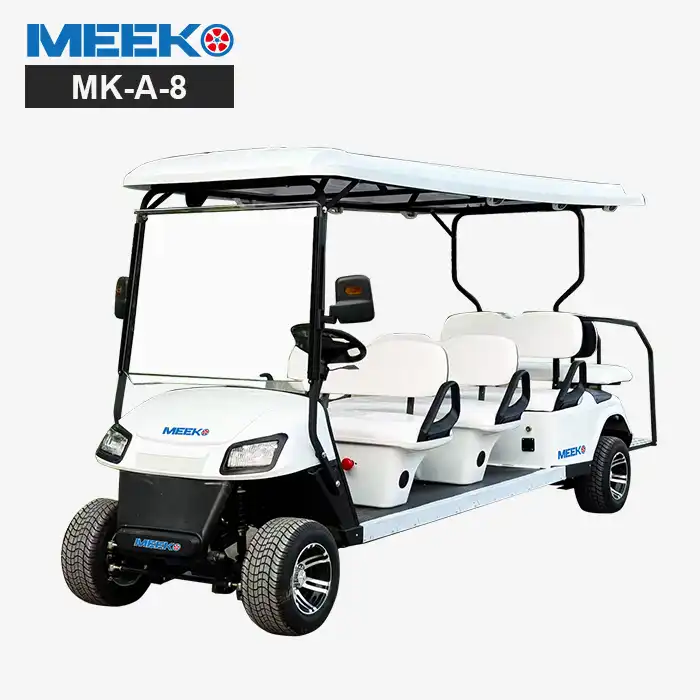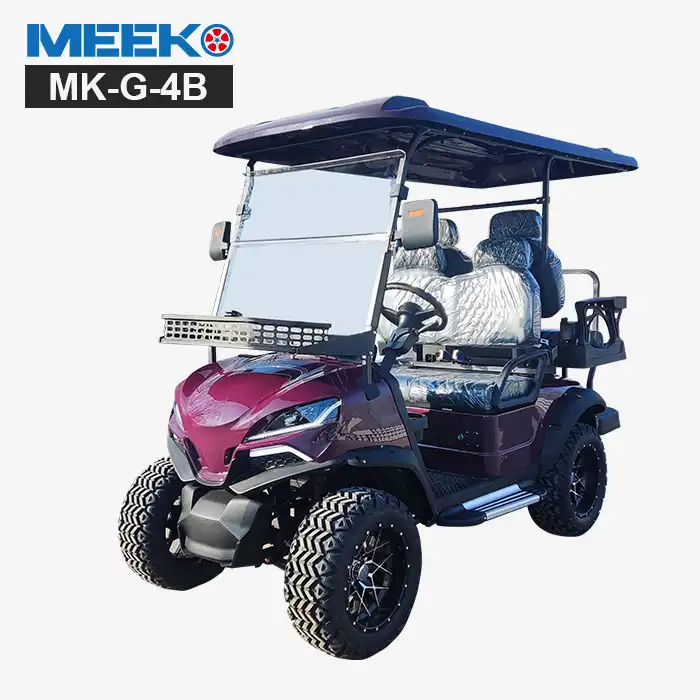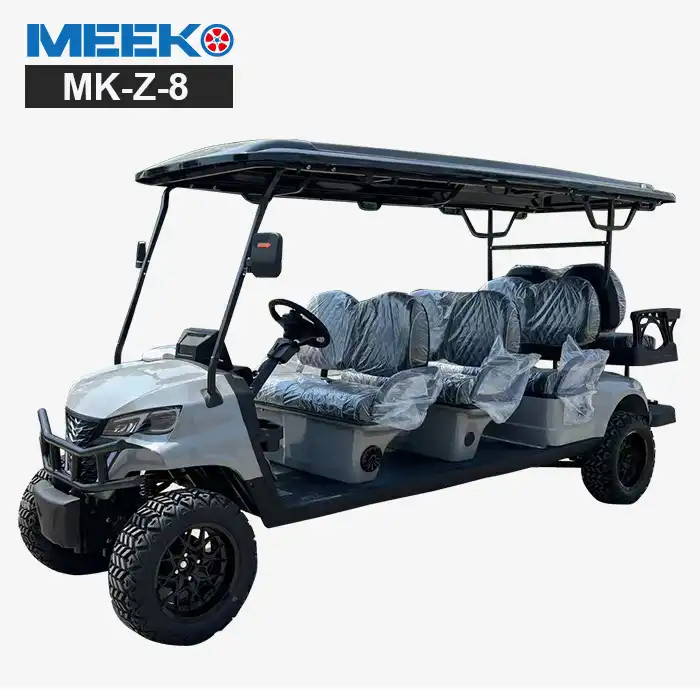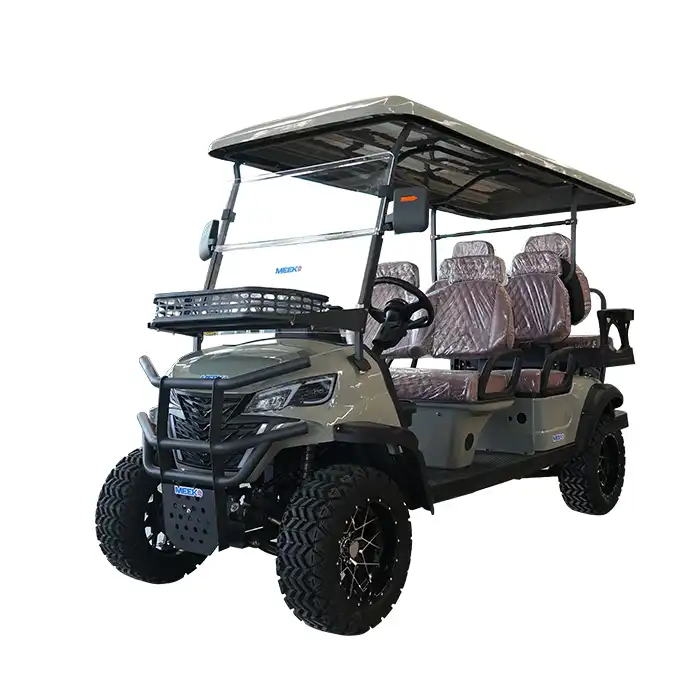- English
- French
- German
- Portuguese
- Spanish
- Russian
- Japanese
- Korean
- Arabic
- Greek
- German
- Turkish
- Italian
- Danish
- Romanian
- Indonesian
- Czech
- Afrikaans
- Swedish
- Polish
- Basque
- Catalan
- Esperanto
- Hindi
- Lao
- Albanian
- Amharic
- Armenian
- Azerbaijani
- Belarusian
- Bengali
- Bosnian
- Bulgarian
- Cebuano
- Chichewa
- Corsican
- Croatian
- Dutch
- Estonian
- Filipino
- Finnish
- Frisian
- Galician
- Georgian
- Gujarati
- Haitian
- Hausa
- Hawaiian
- Hebrew
- Hmong
- Hungarian
- Icelandic
- Igbo
- Javanese
- Kannada
- Kazakh
- Khmer
- Kurdish
- Kyrgyz
- Latin
- Latvian
- Lithuanian
- Luxembou..
- Macedonian
- Malagasy
- Malay
- Malayalam
- Maltese
- Maori
- Marathi
- Mongolian
- Burmese
- Nepali
- Norwegian
- Pashto
- Persian
- Punjabi
- Serbian
- Sesotho
- Sinhala
- Slovak
- Slovenian
- Somali
- Samoan
- Scots Gaelic
- Shona
- Sindhi
- Sundanese
- Swahili
- Tajik
- Tamil
- Telugu
- Thai
- Ukrainian
- Urdu
- Uzbek
- Vietnamese
- Welsh
- Xhosa
- Yiddish
- Yoruba
- Zulu
Electric vs Gas: Which Custom Car Golf Cart is Right for You?
Choosing between electric and gas custom car golf carts can feel overwhelming when you're investing in a vehicle that needs to serve your specific needs perfectly. Whether you're managing a resort, operating a commercial facility, or planning personal transportation solutions, the wrong choice could mean compromised performance, unexpected maintenance costs, and frustrated users. The decision between electric and gas custom car golf carts ultimately depends on your operational requirements, budget considerations, environmental priorities, and long-term usage plans.
Performance Comparison of Electric and Gas Custom Car Golf Carts
When evaluating performance capabilities, both electric and gas custom car golf carts offer distinct advantages that cater to different operational scenarios. Understanding these performance characteristics helps buyers make informed decisions based on their specific requirements and usage patterns.
-
Power Output and Terrain Handling
Gas-powered custom car golf carts traditionally excel in raw power delivery, making them particularly suitable for challenging terrains and heavy-duty applications. These vehicles typically generate more torque at lower speeds, enabling them to navigate steep inclines, rough surfaces, and carry heavier loads without significant performance degradation. Golf courses with hilly landscapes, resorts with varied terrain, and commercial operations requiring frequent cargo transport often benefit from the consistent power delivery of gas engines. Electric custom car golf carts have made remarkable strides in power capabilities, especially with modern lithium battery systems and advanced motor technologies. Contemporary electric models can deliver impressive torque characteristics, though their peak performance may vary based on battery charge levels and environmental conditions. The instantaneous torque delivery of electric motors provides smooth acceleration and responsive handling, making them ideal for flat terrain operations and urban environments where quiet operation is valued.
-
Speed and Range Considerations
The speed capabilities of custom car golf carts depend significantly on their intended application and regulatory compliance requirements. Gas-powered models typically maintain consistent speed performance regardless of usage duration, as refueling is quick and straightforward. These vehicles can achieve sustained speeds over extended periods, making them suitable for operations requiring continuous high-performance operation throughout long working days. Electric custom car golf carts offer variable speed performance depending on battery technology and charge levels. Modern lithium-equipped models can maintain consistent speed performance for extended periods, with some advanced systems providing up to 150 kilometers of travel distance on a single charge. However, older lead-acid battery systems may experience speed degradation as battery charge depletes, requiring strategic charging schedules for optimal performance maintenance.
Cost Analysis for Electric vs Gas Custom Car Golf Carts
Understanding the comprehensive cost implications of electric versus gas custom car golf carts requires analyzing initial purchase prices, operational expenses, maintenance requirements, and long-term ownership costs. These financial considerations often prove decisive in the selection process for commercial and individual buyers.
-
Initial Investment and Purchase Price
Electric custom car golf carts typically require higher upfront investment due to advanced battery systems and sophisticated electronic components. Lithium battery systems, while offering superior performance and longevity, significantly increase initial purchase costs compared to traditional lead-acid alternatives. However, this higher initial investment often translates to lower operational costs and extended vehicle lifespan, creating favorable long-term financial outcomes. Gas-powered custom car golf carts generally offer lower initial purchase prices, making them attractive for budget-conscious buyers or operations requiring multiple vehicle acquisitions. The simpler mechanical systems and established manufacturing processes contribute to more accessible pricing structures. However, buyers must consider ongoing fuel costs, emissions compliance requirements, and more frequent maintenance schedules when evaluating total ownership expenses.
-
Operational and Maintenance Expenses
Electric custom car golf carts demonstrate significant advantages in operational cost efficiency, primarily through reduced energy consumption and simplified maintenance requirements. Electricity costs substantially less than gasoline in most markets, and electric motors require minimal routine maintenance compared to internal combustion engines. Battery replacement represents the primary long-term expense, with lithium systems offering 5-7 year lifespans under normal usage conditions. Gas-powered vehicles incur ongoing fuel expenses that fluctuate with petroleum market conditions, potentially creating budgetary uncertainties for large-scale operations. Engine maintenance requirements include regular oil changes, filter replacements, spark plug servicing, and emissions system upkeep. These routine maintenance tasks require specialized knowledge and create ongoing operational expenses that accumulate significantly over vehicle lifespans.
Environmental Impact and Sustainability of Custom Car Golf Carts
Environmental considerations increasingly influence purchasing decisions for custom car golf carts, particularly for organizations committed to sustainability goals and carbon footprint reduction. The environmental impact varies significantly between electric and gas-powered options, affecting both local air quality and broader ecological concerns.
-
Emissions and Air Quality Considerations
Electric custom car golf carts produce zero direct emissions during operation, making them ideal for environmentally sensitive locations such as resort properties, residential communities, and indoor facilities. This emission-free operation contributes to improved local air quality and creates more pleasant environments for users and nearby residents. Organizations pursuing green certifications or sustainability initiatives often prioritize electric vehicles as part of their environmental commitment strategies. Gas-powered custom car golf carts produce combustion emissions that contribute to local air pollution and greenhouse gas accumulation. Modern engines incorporate emission control technologies to minimize environmental impact, but they still generate carbon dioxide, nitrogen oxides, and other pollutants during operation. Facilities operating in areas with strict environmental regulations or air quality concerns may face restrictions on gas-powered vehicle usage.
-
Noise Pollution and Community Considerations
The acoustic characteristics of custom car golf carts significantly impact their suitability for different environments and applications. Electric models operate virtually silently, producing only minimal tire and wind noise during operation. This quiet operation makes them ideal for residential areas, healthcare facilities, educational campuses, and hospitality environments where noise pollution concerns exist. Gas-powered custom car golf carts generate engine noise that some users find intrusive, particularly in quiet environments or during early morning and late evening operations. However, some operators prefer the audible presence of gas engines for safety reasons, as pedestrians and other users can more easily detect approaching vehicles through engine sound.
Customization Options and Manufacturing Capabilities
The ability to customize custom car golf carts according to specific operational requirements represents a crucial consideration for buyers seeking vehicles that perfectly match their unique applications. Manufacturing capabilities and customization flexibility vary between electric and gas platforms, influencing design possibilities and functional adaptations.
-
Design Flexibility and Modification Potential
Electric custom car golf carts often provide greater design flexibility due to the compact nature of electric drivetrains and the absence of complex exhaust systems. Battery placement options allow for creative design solutions, including underfloor installations that maximize passenger and cargo space. The modular nature of electric systems facilitates easier integration of custom features such as refrigeration units, communication equipment, and specialized cargo configurations. Gas-powered custom car golf carts face certain design constraints due to engine placement requirements, fuel system integration, and exhaust routing considerations. However, established manufacturing processes and component availability sometimes enable more cost-effective customization solutions for specific applications. The mechanical simplicity of gas systems can facilitate field modifications and repairs in remote locations where electronic service capabilities may be limited.
-
Battery and Power System Options
Modern electric custom car golf carts offer sophisticated battery management systems with multiple voltage and capacity configurations ranging from 48V to 72V systems with 100-150Ah capacity options. Lithium battery technology provides superior energy density, faster charging capabilities, and extended cycle life compared to traditional lead-acid alternatives. Advanced battery management systems monitor cell performance, optimize charging cycles, and provide diagnostic information for proactive maintenance scheduling. Gas-powered systems offer consistent power delivery regardless of operational duration, with fuel tank capacity determining range capabilities. Engine options typically range from 3.5kW to 7.5kW output, providing flexibility for different performance requirements. Fuel system modifications can accommodate alternative fuels such as propane or natural gas for operations requiring cleaner combustion or consistent fuel pricing.
Practical Applications and Use Case Scenarios
Different operational environments and usage patterns favor either electric or gas custom car golf carts based on specific performance requirements, infrastructure capabilities, and operational priorities. Understanding these practical applications helps buyers align vehicle capabilities with actual usage scenarios.
-
Commercial and Resort Applications
Luxury resorts and hospitality facilities often prefer electric custom car golf carts for their silent operation, zero emissions, and sophisticated appearance that aligns with upscale brand images. The ability to operate these vehicles in enclosed spaces such as hotel lobbies or convention centers provides operational flexibility for special events and VIP transportation services. Charging infrastructure integration with renewable energy systems supports sustainability marketing initiatives and reduces operational costs. Golf courses and recreational facilities must balance performance requirements with maintenance considerations when selecting custom car golf carts for fleet operations. Electric models excel in quiet operation that doesn't disturb players, while gas-powered options provide consistent performance for maintenance crews working in remote course areas. Fleet management considerations include charging infrastructure availability, technician training requirements, and parts inventory planning.
-
Industrial and Commercial Operations
Manufacturing facilities, airports, and large commercial complexes often require custom car golf carts capable of handling heavy cargo loads and extended operational periods. Gas-powered models typically excel in these demanding applications due to their consistent power delivery and quick refueling capabilities. However, indoor operations or environmentally sensitive areas may mandate electric vehicles due to emission restrictions and air quality requirements. Agricultural and landscaping operations face unique challenges requiring vehicles capable of traversing varied terrain while carrying tools, materials, and personnel. Gas-powered custom car golf carts often prove advantageous in these applications due to their superior power-to-weight ratios and ability to operate in remote locations without electrical infrastructure. However, operations near water sources or in environmentally protected areas may require electric alternatives to minimize pollution risks.
Technology Integration and Smart Features
Modern custom car golf carts incorporate advanced technologies that enhance functionality, safety, and user experience. These technological capabilities vary between electric and gas platforms, influencing their suitability for different applications and user preferences.
-
Advanced Control Systems and Connectivity
Electric custom car golf carts naturally integrate digital control systems that enable sophisticated features such as regenerative braking, programmable speed controls, and remote monitoring capabilities. These systems can interface with facility management software, providing real-time location tracking, usage analytics, and predictive maintenance alerts. GPS integration and telematics systems enhance fleet management efficiency and security monitoring. Gas-powered custom car golf carts can incorporate electronic control systems, though integration complexity and cost considerations may limit advanced feature availability. However, mechanical simplicity sometimes provides advantages in harsh environments where electronic systems might prove vulnerable to environmental conditions or electromagnetic interference.
-
Safety and Security Features
Both electric and gas custom car golf carts can incorporate comprehensive safety systems including LED lighting, turn signals, backup alarms, and emergency stop capabilities. Electric models often feature more sophisticated safety systems due to their inherent electronic control architecture, including automatic braking systems, speed limiting based on load conditions, and theft protection through immobilization systems. Security features such as keyless entry, GPS tracking, and remote shutdown capabilities integrate more seamlessly with electric platforms due to their electronic architecture. However, mechanical security systems on gas-powered vehicles may prove more reliable in certain environmental conditions or applications where electronic vulnerability presents concerns.
Conclusion
The choice between electric and gas custom car golf carts depends on balancing performance requirements, operational costs, environmental priorities, and specific application needs for optimal long-term satisfaction.
Cooperate with Shandong Meeko New Energy Tech Inc.
Partner with China's leading custom car golf carts factory for unmatched quality and competitive pricing. As a trusted China custom car golf carts supplier and manufacturer, we offer wholesale solutions with OEM capabilities. Our High Quality custom car golf carts feature customizable designs, fast delivery within one week, and comprehensive after-sales support. Whether you need custom car golf carts for sale for commercial operations or specialized applications, our experienced team provides competitive custom car golf carts prices and exceptional service. Contact us at sales@mingkomach.com to discuss your requirements and discover why businesses worldwide choose our China custom car golf carts wholesale solutions.
References
1. Thompson, Michael J. "Comparative Analysis of Electric and Gas-Powered Utility Vehicles in Commercial Applications." Journal of Transportation Technology, 2023.
2. Rodriguez, Sarah Chen. "Sustainable Transportation Solutions: Environmental Impact Assessment of Golf Cart Technologies." Environmental Engineering Quarterly, 2024.
3. Williams, David R. "Cost-Benefit Analysis of Fleet Electrification in Recreational Vehicle Applications." Fleet Management Review, 2023.
4. Anderson, Lisa K. "Battery Technology Advancements in Electric Vehicle Applications: Performance and Longevity Considerations." Energy Storage Systems Journal, 2024.
Learn about our latest products and discounts through SMS or email



